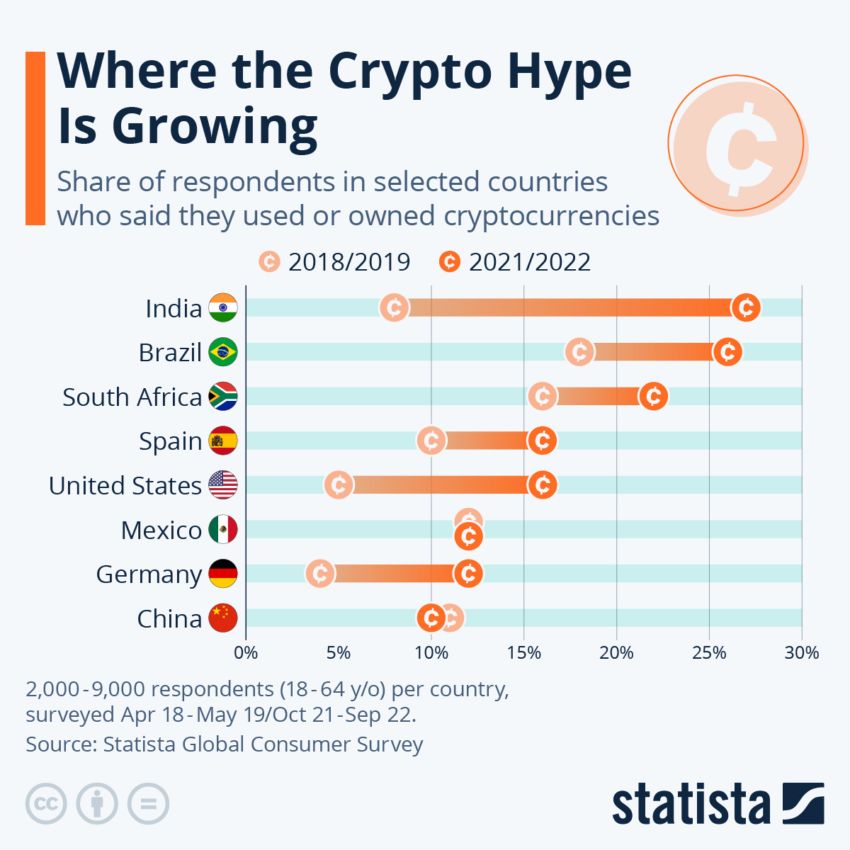Torrevieja, a picturesque Spanish city, is positioning itself as a pioneer in adopting a ‘crypto-friendly’ digital economy. The Association of Small and Medium Merchants of Torrevieja (APYMECO) is at the forefront of this ambitious venture, with a comprehensive plan to integrate blockchain technology into the local commerce sector.
APYMECO’s strategy unfolds in multiple phases. The first of these phases focuses on incorporating cryptocurrencies as a transactional medium in local commerce.
The Birth of the Next Crypto City?
This initiative paves the way for the payment of products and services using various cryptoassets, bridging the gap between conventional and digital economies.
The Councilor for Commerce, Rosario Martínez Chazarra, highlights this development as a significant step towards modernizing local businesses and catering to the growing demographic of cryptocurrency users.
APYMECO President Jorge Almarcha also spoke highly of the project in a statement [translated]:
“In Spain, since 2015, it has been legal to be able to pay with cryptocurrencies. However, it has not been until today that there has been a desire to democratize its use as a means of payment in standard, neighborhood, and traditional commerce.”
Spain has been on the rise over the past few years in regard to crypto ownership and usability. A 2021-2022 survey by Statista found that 17% of respondents claimed they owned or used cryptocurrencies.

Read more: Top 5 Crypto Companies That Might Go Public (IPO) in 2024
Following in the Footsteps
In parallel, Lugano, Switzerland, sets a precedent in embracing digital currencies for municipal transactions. This move, a strategic part of Lugano’s “Plan B,” revolutionizes the city’s financial system by enabling tax payments and other municipal fees in Bitcoin and Tether.
Armin Schmid, Chief Product Officer at Bitcoin Suisse, underscored the significance of this trend, noting the increasing adoption of cryptocurrency payments in Swiss municipalities.
“It is great to see that more and more Swiss municipalities are offering payments in cryptocurrencies as an option available to both citizens and companies, complementing traditional payment methods such as post-office counters and e-banking platforms.”
El Salvador, too, is not far behind in the crypto race. The Central American nation is reigniting its Bitcoin ambitions with plans to build a tax-free Bitcoin City. This initiative, pushed forward by President Nayib Bukele, is a bold move against traditional financial systems, offering citizenship to foreigners contributing crypto to government projects.
The city aims to leverage geothermal energy for Bitcoin mining. This could potentially boost its national economy following the next Bitcoin halving in April 2024.
The convergence of these global efforts signifies a paradigm shift towards a digital economy. As Torrevieja embarks on this journey, it joins a league of forward-thinking cities reimagining the future of finance.
 beincrypto.com
beincrypto.com